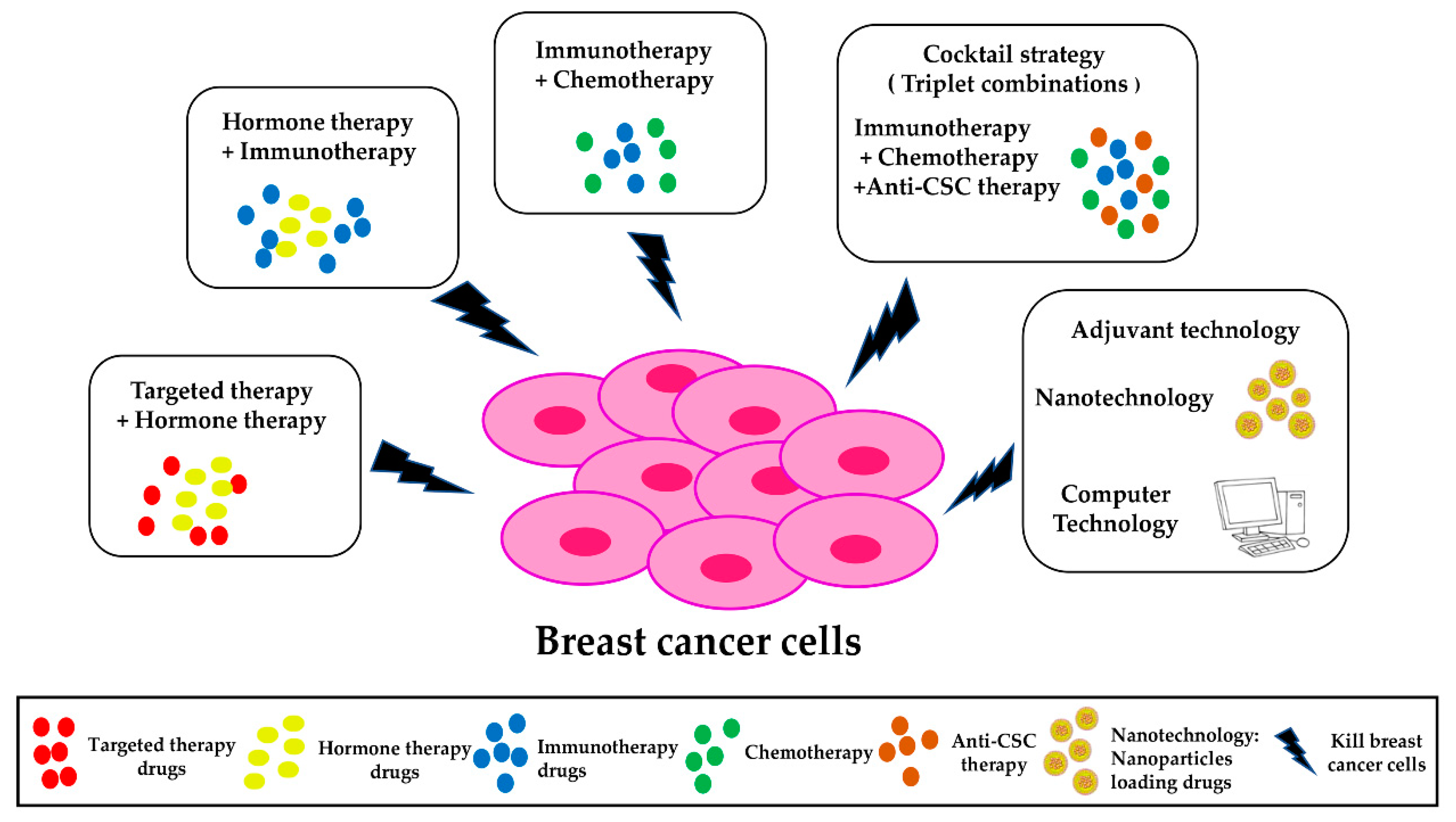Youth well-being is becoming an increasingly critical focus in today’s society, raising pivotal questions about whether we are investing adequately in the next generation. A recent study on global well-being underscores the stark disparities in youth flourishing, particularly when comparing insights from wealthier nations to their middle-income counterparts. Findings from this expansive research highlight how financial wealth does not automatically translate into overall happiness and mental health for young people. Instead, it reveals a concerning trend where economic development may overlook essential elements of character and community relationships that are vital for youth thriving. As we explore the nuances of youth well-being, understanding the broader influences that shape their lives becomes imperative for fostering an environment that supports flourishing in an ever-evolving world.
The conversation surrounding adolescent wellness encompasses a broader spectrum of terms that reflect the essence of youth flourishing. Concepts like mental health, life satisfaction, and social well-being are increasingly recognized as vital components of a young person’s overall health. Insights from the flourishing study emphasize how diverse cultural backgrounds and economic conditions influence these areas significantly. As we delve deeper into these discussions, the interconnectedness of spiritual, relational, and financial factors becomes evident, offering a comprehensive view of what it means for youth to truly thrive. Thus, redefining our approach to fostering youth well-being will necessitate a holistic perspective that accounts for the rich tapestry of experiences that shape their lives.
Understanding Youth Well-Being
The well-being of youth is a critical issue that demands our attention, especially in today’s fast-paced world. Studies, including the recent Global Flourishing Study, highlight the alarming trends affecting our younger populations. Youth well-being is not solely dictated by financial status or material wealth, as evidenced by the data showing that middle-income countries often outperform wealthier nations in overall youth flourishing metrics. Factors such as mental health, meaningful relationships, and community engagement emerge as significant contributors to a flourishing youth experience.
Investing in youth well-being is essential for sustainable economic growth and societal progress. As Tyler VanderWeele pointed out, without a focus on the holistic development of young people, societies risk fostering generations that struggle with satisfaction and fulfillment. This encompasses not only financial security but also the cultivation of supportive relationships, mental health resources, and opportunities for personal growth. As these elements are nurtured, we can create environments where youth not only survive but thrive.
Frequently Asked Questions
What is youth well-being and why is it important?
Youth well-being refers to the holistic health and flourishing of young individuals, encompassing mental health, relationships, and personal meaning. It is crucial because it impacts not only young people’s current happiness but also their future potential, societal contributions, and economic development.
How does the Global Flourishing Study contribute to understanding youth well-being?
The Global Flourishing Study provides extensive data on youth well-being across different cultures and economies. By analyzing variables like mental health, financial security, and relationships, the study highlights the complex factors that influence youth flourishing worldwide.
What are the key findings regarding youth flourishing in the Global Flourishing Study?
Key findings indicate that youth flourishing can be inconsistent, particularly in wealthier nations like the U.S. The study found a troubling trend where youth experience lower levels of happiness and well-being compared to older adults, challenging the belief that financial resources alone guarantee youth well-being.
How can economic development impact youth well-being?
Economic development can have varied effects on youth well-being. While it is often assumed that wealth leads to better quality of life, the Global Flourishing Study suggests that factors such as social relationships and community involvement are equally important, sometimes even more so than financial wealth.
What role does mental health play in youth well-being?
Mental health is a critical component of youth well-being, influencing overall life satisfaction and flourishing. The Global Flourishing Study emphasizes that improving mental health services and support for youth is vital for enhancing their overall well-being.
What strategies can communities implement to promote youth flourishing?
Communities can promote youth flourishing by investing in mental health resources, fostering strong family and peer relationships, and creating inclusive environments that encourage participation in social and spiritual activities, as highlighted in the Global Flourishing Study.
Why is spiritual well-being included in measures of youth well-being?
Spiritual well-being is included in measures of youth well-being because it contributes to a sense of purpose, community, and personal identity. The Global Flourishing Study found that frequent participation in spiritual activities correlates positively with overall well-being in youth.
What are the implications of the Global Flourishing Study for policymakers?
The implications for policymakers involve the need to reconsider how investments are made in youth well-being, emphasizing holistic approaches that account for mental health, relational dynamics, and community engagement rather than solely focusing on economic measures.
How do family relationships affect youth flourishing?
Positive family relationships significantly enhance youth flourishing by providing emotional support, security, and meaningful connections. The study underscores that strong parental relationships lead to better mental health outcomes and overall happiness in youth.
What can individuals do to support youth well-being?
Individuals can support youth well-being by fostering open communication, providing mentorship, encouraging healthy social interactions, and being involved in community activities that prioritize relationships and personal growth.
| Key Points |
|---|
| A major global study emphasizes concerns over youth well-being, particularly in Western countries. |
| The study shows that middle-income countries often rank higher in youth well-being than wealthier nations. |
| Findings indicate a shift in flourishing patterns among youth, from a U-shaped to a J-shaped curve. |
| Key factors influencing youth flourishing include relationships, childhood health, and spiritual participation. |
| Economic indicators alone do not guarantee youth flourishing, challenging existing economic development models. |
| The need for better investments in youth well-being is underscored by the study’s findings and rankings. |
Summary
Youth well-being is a critical issue facing societies globally, as highlighted by a major study on flourishing that reveals concerning trends, especially in wealthier nations. The research indicates that financial status does not equate to a higher quality of life for youth; instead, factors like strong relationships and community connections play a vital role. As we move forward, it is essential to recognize these insights and invest adequately in the well-being of our youth, ensuring they have access to the support and resources necessary for a flourishing future.



